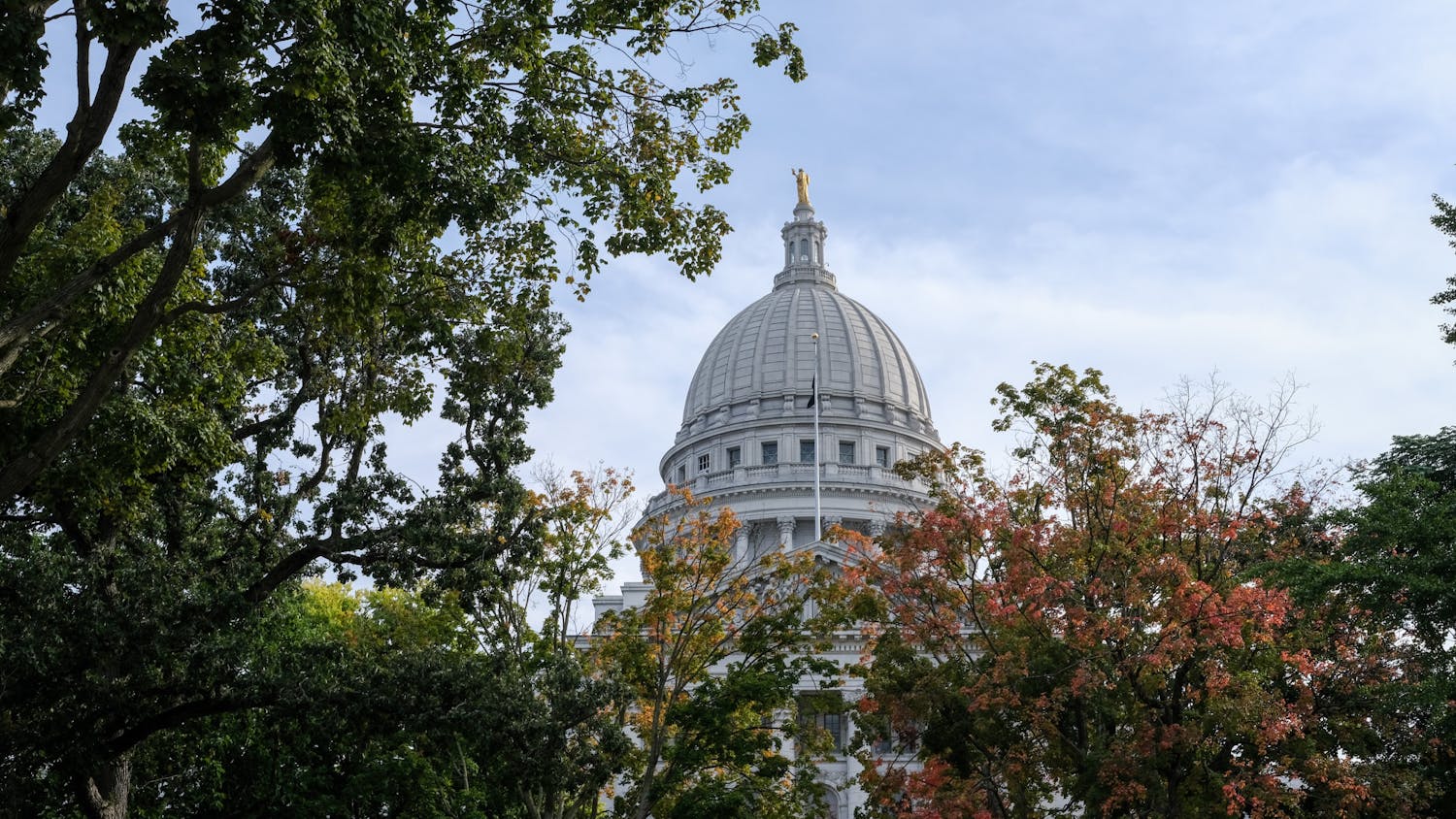Anyone politically active in Wisconsin is disproportionately likely to list campaign finance reform as a big issue as compared with those in the rest of the country. This is perfectly understandable, due to the reform crusade of U.S. Senator Russ Feingold, D-Wisc.
In 1998 he discouraged interest groups from running ads on his behalf to prove that a successful race can be run without soft money. There is a progressive tradition of fighting to get big money out of politics and to substitute in public financing of campaigns. All of this makes a recent news event quite curious: Howard Dean, the darling of progressive activists, has opted out of the public finance system for the duration of the Democratic primaries.
From the start, Dean's campaign has been run like none ever seen before. Traditionally, campaigns have been organized around a model best exemplified by Marcus Hanna, who helped William McKinley turn back the populist tide of William Jennings Bryan in 1896 by outspending Bryan 20 to 1. Since then, every campaign has done the same thing, maxing out high-power donors. If a candidate wants a million dollars, he'll get 500 people to give him $2,000.
Dean's campaign has been run much differently. Dean's campaign staff, headed by Joe Trippi, appears to have figured out how to get people so emotionally involved in the cause that they'll all give small amounts of money. Tens of millions of people vote for a presidential nominee, even a failed one. Trippi's plan is to get a few million of that number to throw in an average $100. It sounds simple, but nobody ever figured out how to actually make it work.





